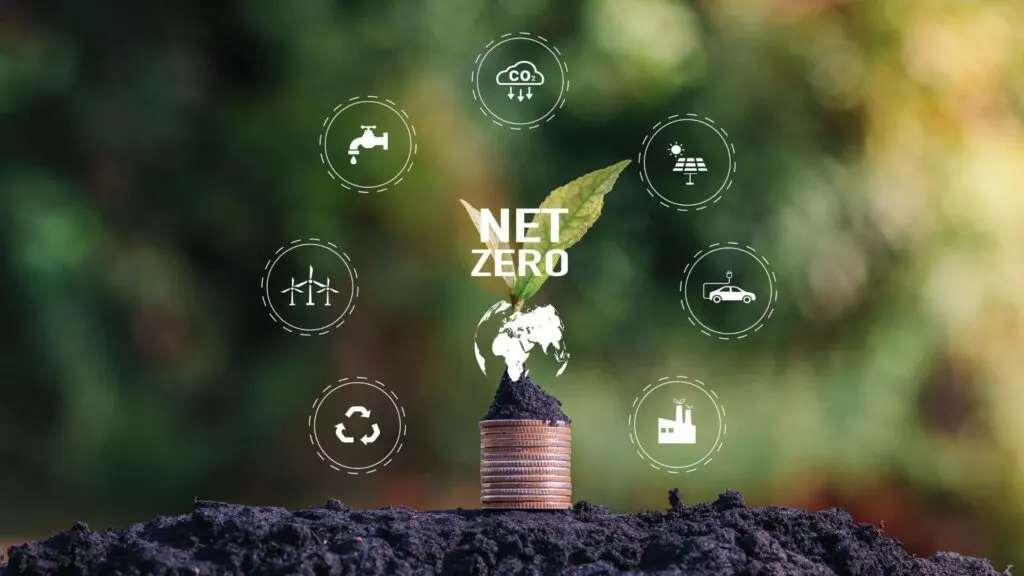A Power Purchase Agreement (PPA) is a financial agreement where a business agrees to purchase energy from a specified source at predetermined rates. These contracts are typically long-term, offering companies an opportunity to lock in energy prices for upwards of 10 to 20 years. PPAs have risen in prominence due to the drive towards a more sustainable future, presenting a viable pathway for businesses to achieve carbon neutrality.

The Push for Lower Emissions
Recently, there has been an increase in businesses leveraging Power Purchase Agreements (PPAs) as part of their sustainability journey, a trend clearly reflected in the depth of PPA news across industry channels. By entering into PPAs, companies can purchase power directly from renewable energy generators, reducing their reliance on fossil fuels. This shift to renewables like solar, wind, and hydroelectric power enables businesses to significantly lower their carbon emissions, underscoring their commitment to sustainable development and environmental responsibility.
PPAs not only provide an effective strategy to decrease the carbon footprint but also assist companies in meeting their corporate social responsibility goals. An increasing number of investors and customers are demanding more environmentally-friendly practices, making PPAs a strategic business move as well as an ecological commitment.
PPAs and Carbon Neutrality
One of the key ways PPAs contribute to carbon neutrality is by promoting the use of renewable energy. Through PPAs, businesses can secure a stable and predictable supply of green energy, thereby reducing their net greenhouse gas emissions. This process plays a pivotal role in helping companies align their operations with the principles of the Paris Agreement, which aims to limit global warming to well below 2 degrees Celsius above pre-industrial levels.
Moreover, businesses using PPAs are not just reducing their carbon emissions but also stimulating the growth of the renewable energy sector. These long-term contracts provide the financial security needed by renewable energy projects for their development and implementation, thereby contributing to the overall reduction of greenhouse gas emissions globally.
Managing Risks and Cost-Savings
PPAs help businesses manage the risks associated with volatile energy prices. By locking in the price for energy over an extended period, businesses can avoid unpredictable swings in energy costs. This locked-in rate often represents substantial savings over the life of the contract, as PPAs typically offer more competitive rates than traditional energy providers.
Furthermore, in some cases, PPAs can also offer additional revenue streams for companies. For instance, in Virtual Power Purchase Agreements (VPPAs), businesses have the opportunity to sell excess renewable energy back to the grid, further improving their bottom line.

Looking Ahead
Given the increasingly conscious global society, along with the accelerating effects of climate change, the impetus for businesses to prioritize sustainability has never been greater. Power Purchase Agreements serve as a powerful tool for businesses seeking to align their strategy with a vision of a carbon-neutral future.
It’s crucial, however, that the implementation of PPAs goes hand in hand with other sustainability endeavors. This can include energy efficiency measures, waste reduction efforts, and sustainable supply chain management. The road to carbon neutrality is multifaceted, and while PPAs represent a significant stride towards this goal, they are part of a wider suite of measures that businesses will need to consider.
Business Carbon Neutrality: The Role of PPAs

As we grapple with an unprecedented climate crisis, the role of businesses in driving a carbon-neutral economy cannot be overstated. Power Purchase Agreements have emerged as a critical component in this sustainability journey. Not only do they facilitate a shift towards renewable energy, but they also offer cost savings and risk management for businesses, making sustainability an increasingly viable and attractive corporate strategy. PPAs, however, are just one piece of the larger carbon neutrality puzzle. A truly sustainable future will require a holistic embrace of green practices, from renewable energy procurement to robust environmental, social, and governance strategies.

Jessi is the creative mind behind The Coffee Mom, a popular blog that combines parenting advice, travel tips, and a love for all things Disney. As a trusted Disney influencer and passionate storyteller, Jessi’s authentic insights and relatable content resonate with readers worldwide.
